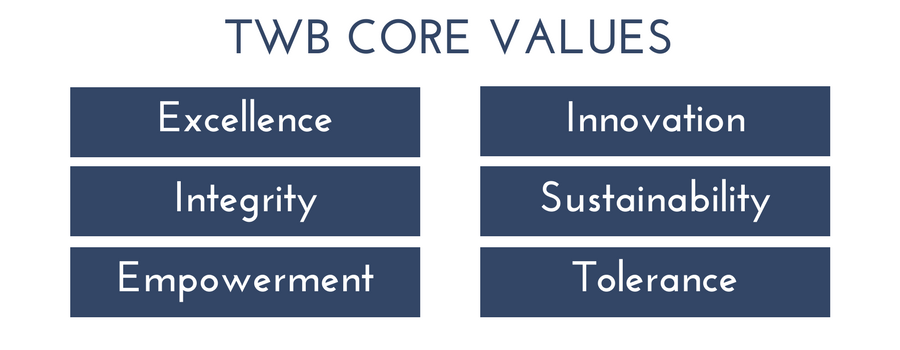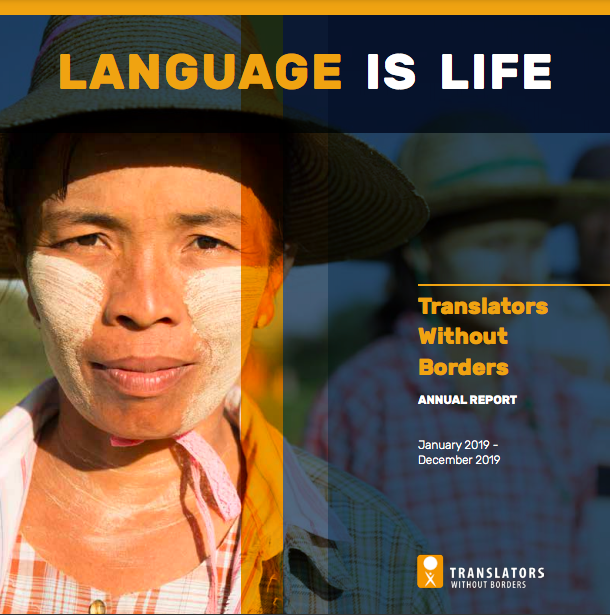Translators without Borders (TWB) is a global community of over 100,000 language volunteers offering language services to humanitarian and development organizations worldwide.
Our story
TWB was originally founded as Traducteurs sans Frontières by Lori Thicke and Ros Smith-Thomas in France in 1993 to link the world’s translators with vetted nonprofit organizations that focus on health, nutrition, and education. In 2011, Translators without Borders (TWB) was incorporated as a US nonprofit organization that aims to close the language gaps that hinder critical humanitarian and international development efforts worldwide.
As the need for our work grew, in 2021, we created a new organization CLEAR Global, to help us build on the work of TWB. In addition to TWB, CLEAR Global comprises CLEAR Tech and CLEAR Insights.
This reorganization has marked a new beginning for us. But, it doesn’t mean we’ve changed. TWB has returned to its roots — as a global community bringing together over 100,000 linguists, offering their time and skills to support our mission — helping people get vital information and be heard, whatever language they speak.
Read our most recent annual report here:

Our work is supported by volunteers, grant funders and generous donors and sponsors. Learn more about the work of Translators without Borders.

